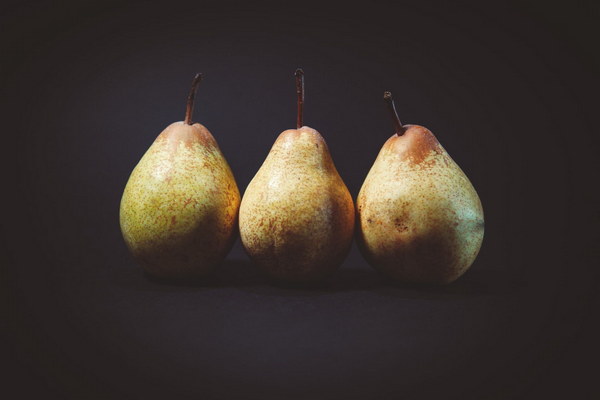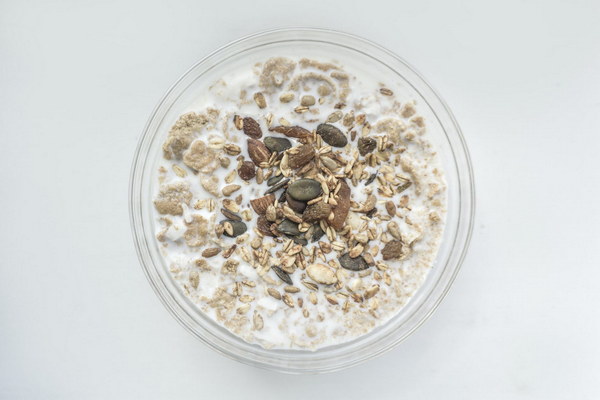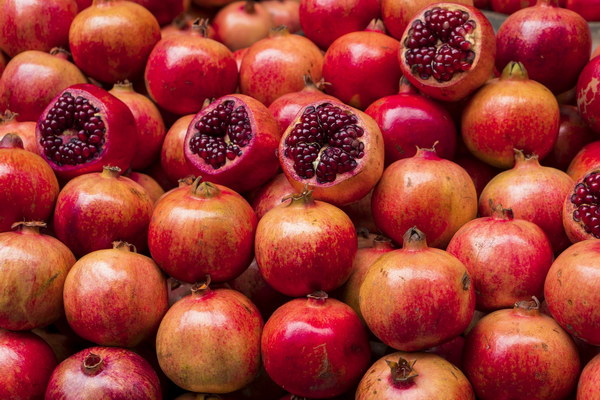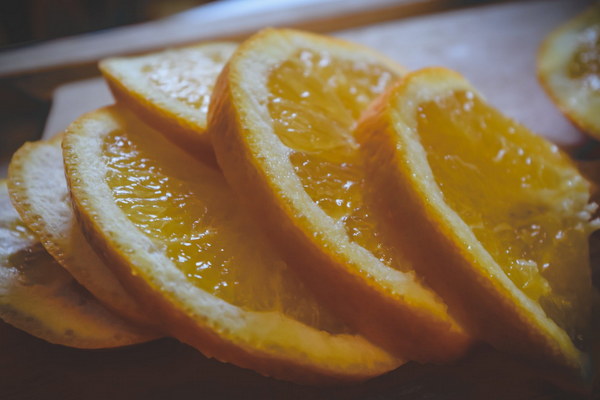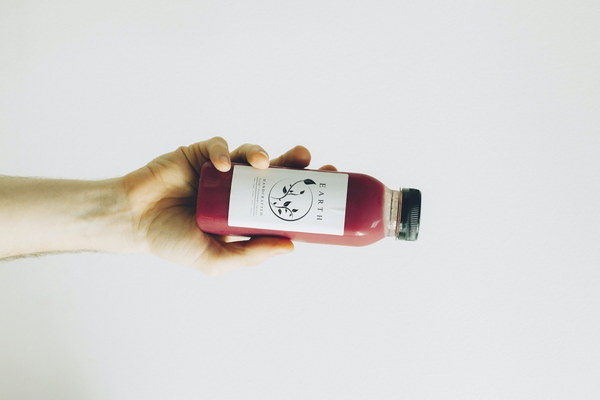Nourishing Your Lungs A Guide to Foods That Help Treat Emphysema
Nourishing Your Lungs: A Guide to Foods That Help Treat Emphysema
Emphysema is a chronic lung condition characterized by the destruction of the air sacs in the lungs, leading to difficulty in breathing. While there is no cure for emphysema, managing the symptoms and slowing the progression of the disease can significantly improve quality of life. One of the most effective ways to support lung health is through diet. Incorporating certain foods into your meal plan can help nourish your lungs and potentially aid in the treatment of emphysema. Here’s a comprehensive guide to what to eat and why.
1. Antioxidant-Rich Foods
Antioxidants are essential for protecting the lungs from oxidative stress, which can exacerbate the damage caused by emphysema. Foods rich in antioxidants include:
- Berries: Blueberries, strawberries, raspberries, and blackberries are packed with antioxidants that can help reduce inflammation and protect lung tissue.
- Dark Chocolate: Flavonoids in dark chocolate have been shown to improve lung function and reduce the risk of lung disease.
- Green Tea: The polyphenols in green tea are powerful antioxidants that can help combat the inflammation associated with emphysema.
2. Foods High in Vitamin C
Vitamin C is known for its immune-boosting properties and its ability to enhance the absorption of iron. Foods high in vitamin C include:
- Oranges and Citrus Fruits: These fruits are not only rich in vitamin C but also contain flavonoids that can help reduce the risk of lung disease.
- Kiwi: Kiwi is another excellent source of vitamin C, making it a great addition to smoothies or salads.
- Red Peppers: Red peppers have a high vitamin C content and are also rich in vitamin A and beta-carotene, which are important for lung health.
3. Foods High in Vitamin E
Vitamin E is another antioxidant that plays a crucial role in protecting lung cells. Good sources of vitamin E include:
- Nuts: Almonds, walnuts, and hazelnuts are all high in vitamin E and can be enjoyed as a healthy snack.
- Avocado: Avocado is not only a great source of vitamin E but also contains healthy fats that can help reduce inflammation.
- Sunflower Seeds: These seeds are rich in vitamin E and can be sprinkled on salads or added to smoothies.
4. Omega-3 Fatty Acids
Omega-3 fatty acids have anti-inflammatory properties and can help reduce the severity of lung symptoms. Foods rich in omega-3s include:
- Salmon: Salmon is one of the best sources of omega-3 fatty acids and can be enjoyed in a variety of ways, from grilling to baking.
- Flaxseeds: Flaxseeds can be sprinkled on oatmeal, yogurt, or salads for a boost of omega-3s.
- Sardines: These small, oily fish are another excellent source of omega-3s and can be added to sandwiches or salads.

5. Foods High in Magnesium
Magnesium is a mineral that can help improve lung function and reduce the risk of emphysema. Good sources of magnesium include:
- Spinach: A leafy green, spinach is not only high in magnesium but also provides a variety of other nutrients beneficial for lung health.
- Almonds: Almonds are a great source of magnesium and can be enjoyed as a snack or added to recipes.
- Bananas: Bananas are another fruit that can help increase your magnesium intake.
6. Foods High in Vitamin D
Vitamin D plays a role in regulating the immune system and has been linked to improved lung function. Foods rich in vitamin D include:
- Fatty Fish: Tuna, mackerel, and sardines are all high in vitamin D and can be included in a healthy diet.
- Fortified Milk: Many milk brands are fortified with vitamin D, making it an easy way to increase your intake.
- Egg Yolks: Egg yolks are a good source of vitamin D and can be added to a variety of dishes.
7. Hydration
Staying hydrated is crucial for overall lung health. Water helps to thin the mucus in the lungs, making it easier to expel and reducing the risk of infections. Aim to drink at least eight glasses of water per day.
Conclusion
While diet alone cannot cure emphysema, it can play a significant role in managing symptoms and improving lung health. By incorporating a variety of nutrient-rich foods into your diet, you can support your lungs and potentially slow the progression of the disease. Consult with a healthcare provider or a registered dietitian to create a personalized meal plan that meets your nutritional needs and supports your lung


